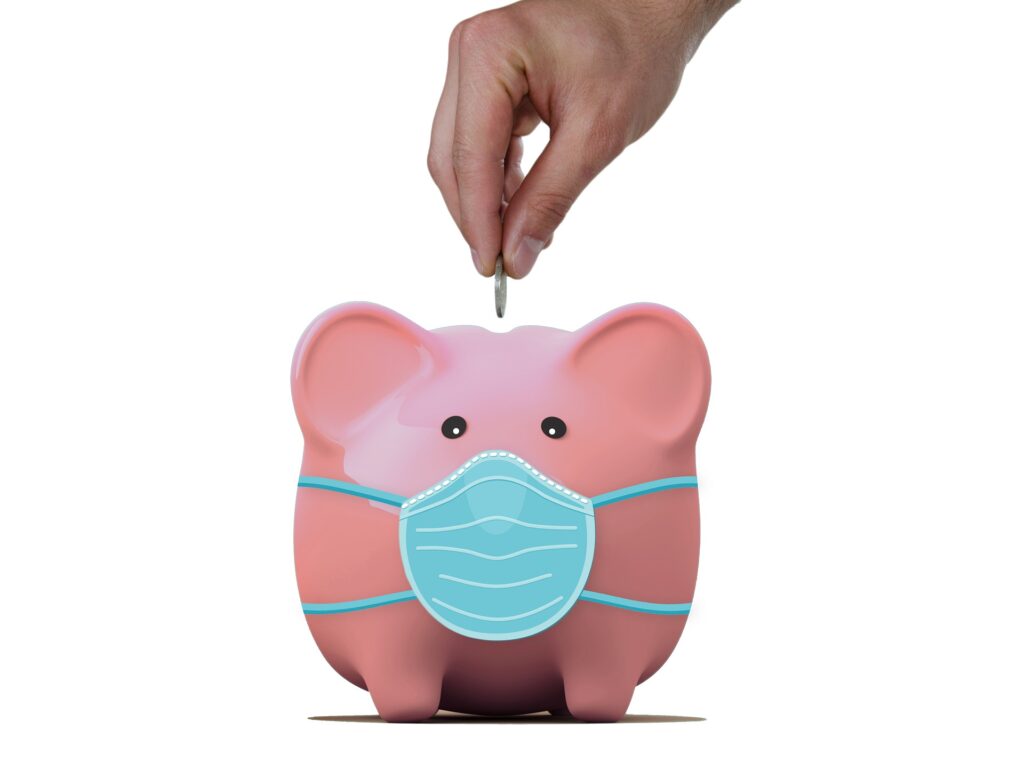For many of us, a cheap and cheerful getaway to sunnier climes is a major highlight of our year. Unfortunately with non-essential travel currently banned, a week or two of all-inclusive fun with no worries except nabbing the best positioned sun lounger doesn’t seem to be on the cards any time soon.
Travel operators are currently planning towards restarting operations in July, but even then a holiday would be followed by a 14 day quarantine period when arriving back in the UK. Some countries such as Spain have also introduced quarantine for overseas visitors, meaning that you could need 6 weeks off work for a 2-week holiday with quarantine periods either side!
UK quarantine rules do not apply to French Nationals or those from the Republic of Ireland, and Italy has ruled that UK travellers will not need to quarantine there. Once the travel ban has been lifted, and local quarantine rules relaxed, this could make these countries particularly attractive travel destinations later in the year.
What will the holiday experience be like?
Once we are able to get away, our foreign holiday experience is likely to look very different. Hotels are likely to require digital check-ins and contactless payments to minimise face-to-face interactions. Buffets are likely to be closed, bars may offer table service only, lifts are likely to be out of use, and there will be restrictions on the number of guests able to use facilities such as swimming pools at any one time. Cleaning rotas are likely to be stepped up, meaning that whole areas of hotels and resorts may frequently be closed for deep-cleans.
Planes may fly at reduced capacity – despite social distancing on planes being branded ‘idiotic’ by Ryanair boss Michale O’Leary. Temperature checks may become part of airport security procedures, and the use of masks and hand sanitiser may become mandatory whilst travelling.
Currently no travel insurer offers Covid-19 provision for trips booked since the non-essential travel ban. This may be a major booking deterrent to holiday makers, who could lose all their money if refused boarding due to a positive Covid-19 temperature test. An added complication is what happens after the Brexit transition period ends? This may result in holiday makers having to pay for hospital treatment in EU countries from 2021.
How will prices be affected?
To lure people back, surviving tour operators may offer cut-price deals for 2020 and early bird offers for 2021. However this is likely to be followed by a steep rise in prices. As airlines struggle to recoup costs while flying at reduced capacity, industry insiders predict that flight costs will rise by 30% due to airlines removing middle seats from sale. Adding this price rise to the additional costs of delivering social distancing measures in hotels, some experts predict that the cost of package holidays could double for 2021.
What’s the upside?
The tourism industry predicts that most people will opt for a ‘staycation’ this year, which will provide a boost to the British economy from cash that would otherwise have been spent abroad. With hotels and other accommodation now accepting bookings from 4th July, early indications suggest that holiday makers are looking for remote, rural and coastal breaks rather than city breaks. This suggests that consumers are bearing in mind the need for social distancing, and therefore the big winners are likely to be holiday lettings companies and owners, rather than hotels and guesthouses.




